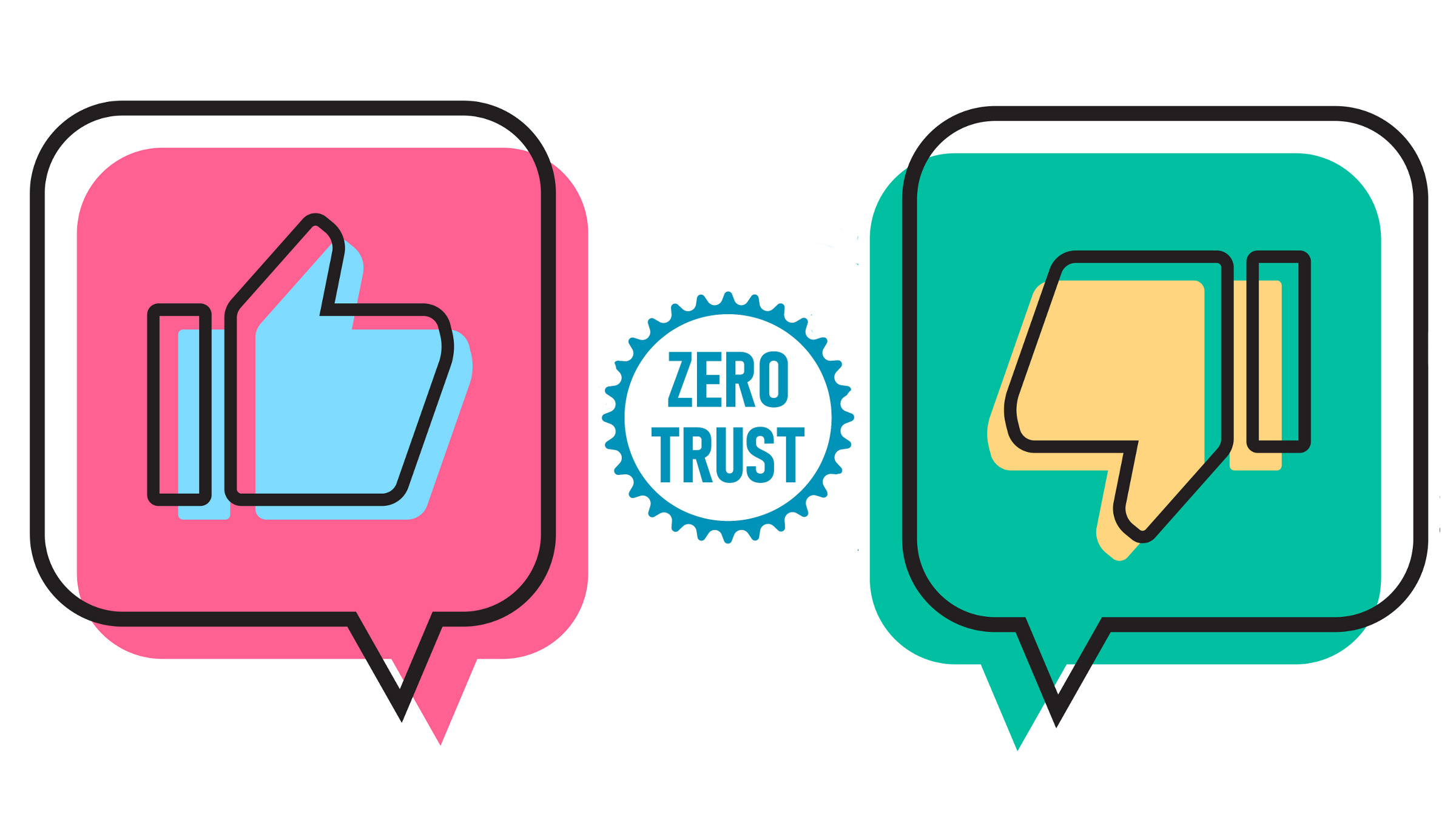
Communications‘ news stories cover a lot of ground and sometimes raise a provocative question. A recent case in point: "Is Internet Addiction Real?" I was sure the answer to this question was ‘no’ after reading a story posted on the site that told of a 15-year-old boy who was beaten to death at an Internet addiction treatment center in China (http://cacm.acm.org/news/41829) that sounded more like a re-education camp. That impression wasn’t lessened by the Chinese government’s estimate that 10% of its Internet users under the age of 18 are addicts.
But I wavered when I learned that Internet addiction centers are growing outside China as well, in South Korea, Taiwan, and the U.S. We published a story about ReSTART, an Internet detox center located a laser shot from Microsoft’s headquarters (http://cacm.acm.org/news/42675). It treats behaviors worthy of a 12-step program, such as a monomaniacal desire for online time, an inability to disconnect, and lying about Web habits. But it’s also true that many overworked software programmers would fail ReSTART’s survey on Internet addiction (http://www.netaddiction.com/resources/internet_addiction_test.htm). As a corrective, neither the American Psychiatric Association’s Diagnostic and Statistical Manual of Mental Disorders nor the World Health Organization’s International Classification of Diseases recognize Internet addiction as a disorder, and the Indian Journal of Psychiatry reports that Internet Addiction Disorder (IAD) may have started as a satirical hoax (http://www.ncbi.nlm.nih.gov/pmc/articles/PMC2738353/).
Addictions are destructive. Smoking kills 438,000 people in the U.S. each year, reports the Centers for Disease Control. And it’s difficult to imagine how the problems that what IAD brings to individuals, relationships, and families could ever match alcoholism’s rain of pain.
Addiction? Without stronger evidence, the jury is still out.



Join the Discussion (0)
Become a Member or Sign In to Post a Comment